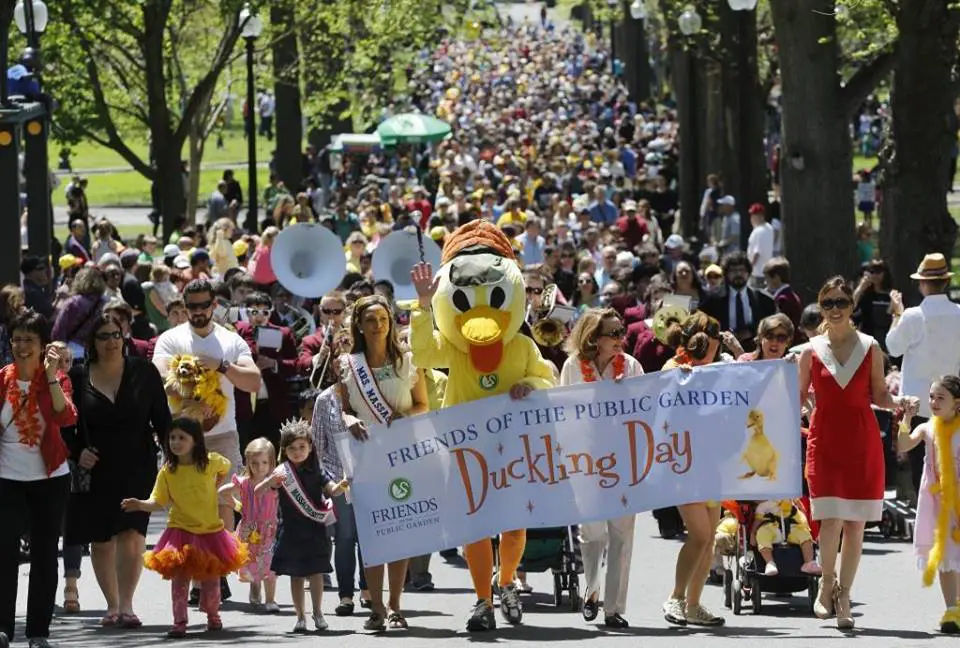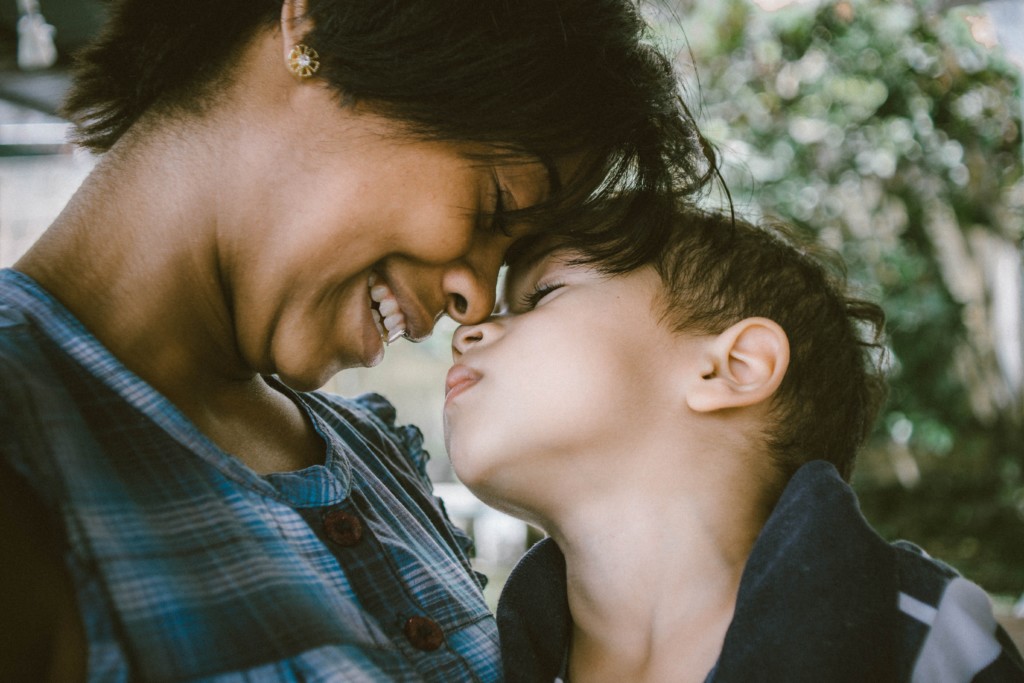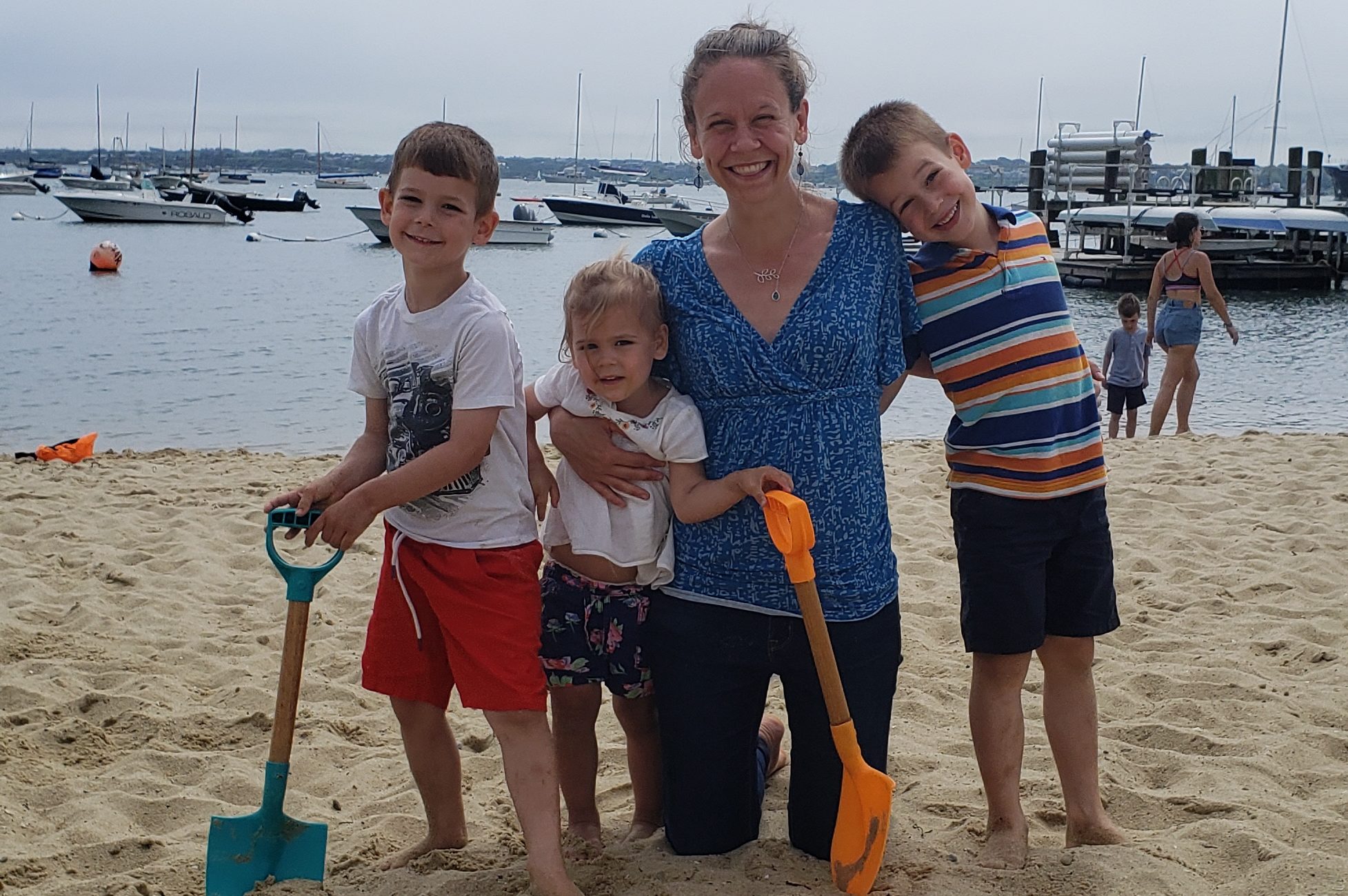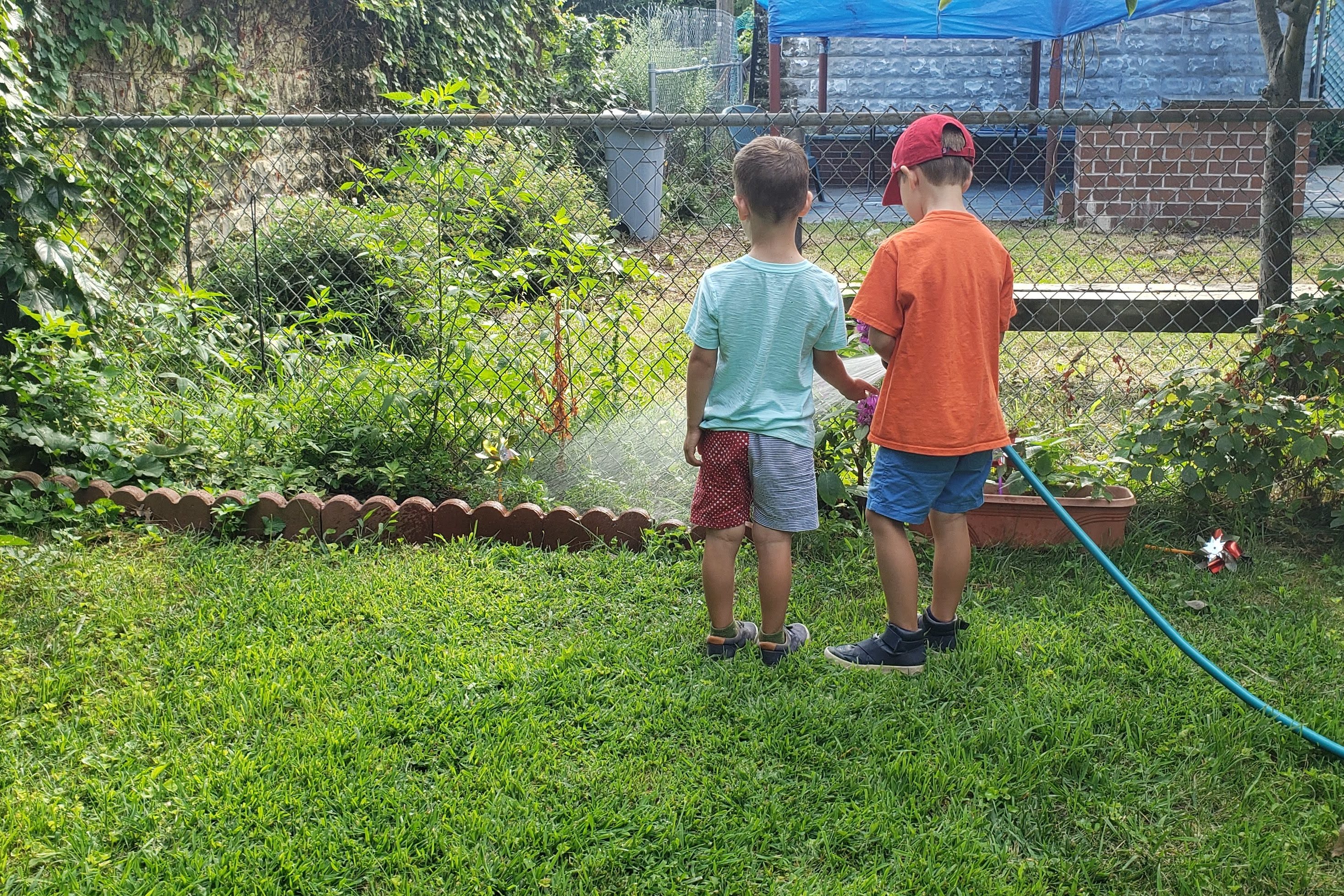
My children are pros at wasting things.
One of their favorite naptime activities is to take sheets of printer paper and cut them into minuscule pieces that I find for days. They don’t color on them — they just cut them up, and then throw them away. They bring home reams of paper from school, covered in “art” that will be treasured for approximately five seconds and then cut into tiny pieces. The same is true for toys. They are joyously acquired, and then quickly forgotten. Water is left running, lights are left on. Don’t even get me started on the food I throw out every evening. You get the picture.
I don’t want to curb their carefree joy. But I do want to teach them to be good stewards of their resources. Because, let’s face it: We don’t have limitless resources — as a family, a country, and a world. As parents, we get to help shape our kids’ values as well as their character. And I want my children to not take things for granted, and to practice conservation.
Here are five things I do to teach my children to be wise(r) with their resources:
Talk about it
In kindergarten last year, my son’s teachers taught a unit on “reuse, reduce, recycle.” And that laid a good foundation for us to talk about conservation. We also use these words practically, to talk about whether we throw something away in the trash or in the recycling bin, repurpose it, or try to find a reusable alternative. The language is simple, and simply by talking about it, my kids think and act (a tiny bit) more responsibly.
Kon-Mari *with* them
Marie Kondo gained significant popularity recently for her decluttering tools and organizational tricks, including her infamous “thanking” of things that were no longer needed. I have found her methods incredibly helpful to do with my kids. When their toys/clothes/books are overflowing and their gratitude is low, we sit down together and sort through their stuff. We talk about “keep,” “give,” and “not sure” categories. By doing it with them, they gain a renewed excitement for what they have, they have ownership of the fact that they don’t need all the things, and they actually get really excited about gifting things to others.
Eliminate one kind of single-use plastic
Full disclosure: I make reusable snack bags for my business. But I started making them because I got tired of throwing out single-use plastics from every school lunch. Reusable snack bags can hold any type of snack or sandwich, and when you’re done with them, you just turn them inside out and throw them in the washer and dryer with your clothes and then reuse. It drastically cuts down on the amount of single-use plastic I use. And my kids love them because they’re made with cool patterns and designs. It won’t solve our plastic problem, but it’s a baby step in the right direction. Whatever your step to reduce single-use waste is, pick one, and implement it.
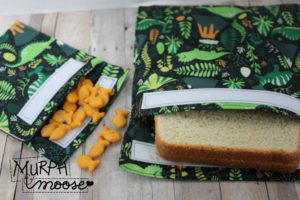
Join a CSA
This is our first year joining a farm share, and I LOVE IT. It supports community farmers and gives us a lot of variety in our diet. We do this one, but in Boston, there are SO many options, even for fall! Surprisingly, my kids love it too. They get excited to see what is in our box each week, and they are far more willing to try new veggies “because it comes from a real farm.” Doing a CSA has also enabled us to talk about the seasonality of vegetables, sustainability of crops, and fair wages for farmers. It has opened the door for conversations about where our food comes from, how some people don’t have enough food, and what we can do about it. Also, my kids are slightly less likely to throw out their vegetables “since they come from a real farmer named Dave.”
Compost and garden with your kids
One of the simplest ways we can reuse, reduce, and recycle food waste is to compost it. If you’re lucky enough to have a backyard, a compost bin is really simple to set up and our Boston-area cities and towns have lots of good resources. If you don’t have a backyard, you can still participate through Project Oscar or other private composting services. Boston has many drop-off spots where you can bring your food scraps and pick up composted soil for your potted garden in exchange. My kids love playing with worms, and seeing their food scraps turn into dirt that we then put in our garden to grow additional vegetables is an added cool. It’s educational, practical, and lots of fun!








